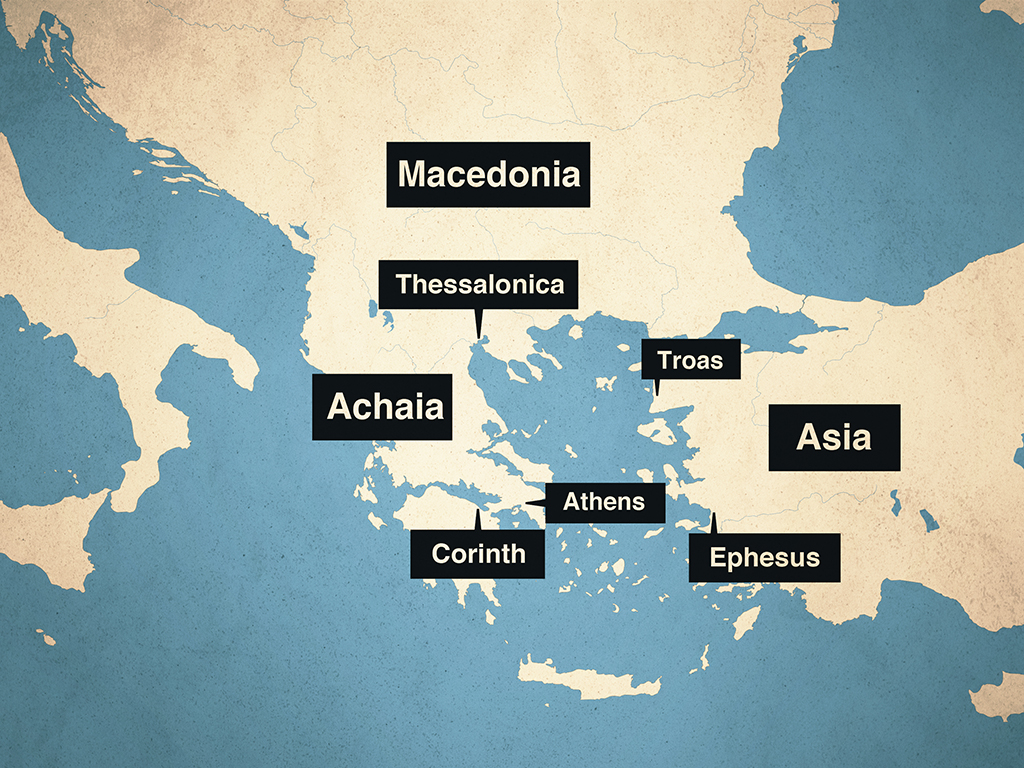Here are the passages listed in both of our sources in posts
#4 and
6...
2 Peter 3:15-16 (The Apostle Peter speaking??) (NIV)
15 Bear in mind that our Lord’s patience means salvation, just as our dear brother Paul also wrote you with the wisdom that God gave him. 16 He writes the same way in all his letters, speaking in them of these matters. His letters contain some things that are hard to understand, which ignorant and unstable people distort, as they do the other Scriptures, to their own destruction.
2 Thessalonians 2:15 (NASB)
15 So then, brothers
and sisters, stand firm and hold on to the traditions which you were taught, whether by word
of mouth or by letter from us.
1 Timothy 5:18 - (Paul quotes Luke 10:7 and refers to the quoted passage as Scripture?)
18 For the Scripture says, “You shall not muzzle the ox while it is threshing,” and
“The laborer is worthy of his wages.”
 Luke 10:7
Luke 10:7
7 Stay there, eating and drinking whatever they give you,
for the worker deserves his wages. Do not move around from house to house.
1 Thessalonians 5:27
27 I put you under oath by the Lord to have this letter read to all the brothers
and sisters.
Colossians 4:16
16 When this letter is read among you, have it also read in the church of the Laodiceans; and you, for your part, read my letter
that is coming from Laodicea.
1st Thessalonians is considered one of the pretty definite letters of Paul, but Colossians as one of the doubtful ones.
Modern scholars generally view 7 of the letters as pretty definite, and 6 of them as doubtful.
That's important to keep in mind.
I think the clearest example in support of NT being Scripture, is the 1 Timothy 5:18 point. Then of course the parts where he says to read his letters to others helps that case. Perhaps in favor of the other side, maybe Paul did not know nor intend for his writings to be on the level of Scripture, but it still meant it to be instruction for Christians to follow. It gets to be semantics at that point.




